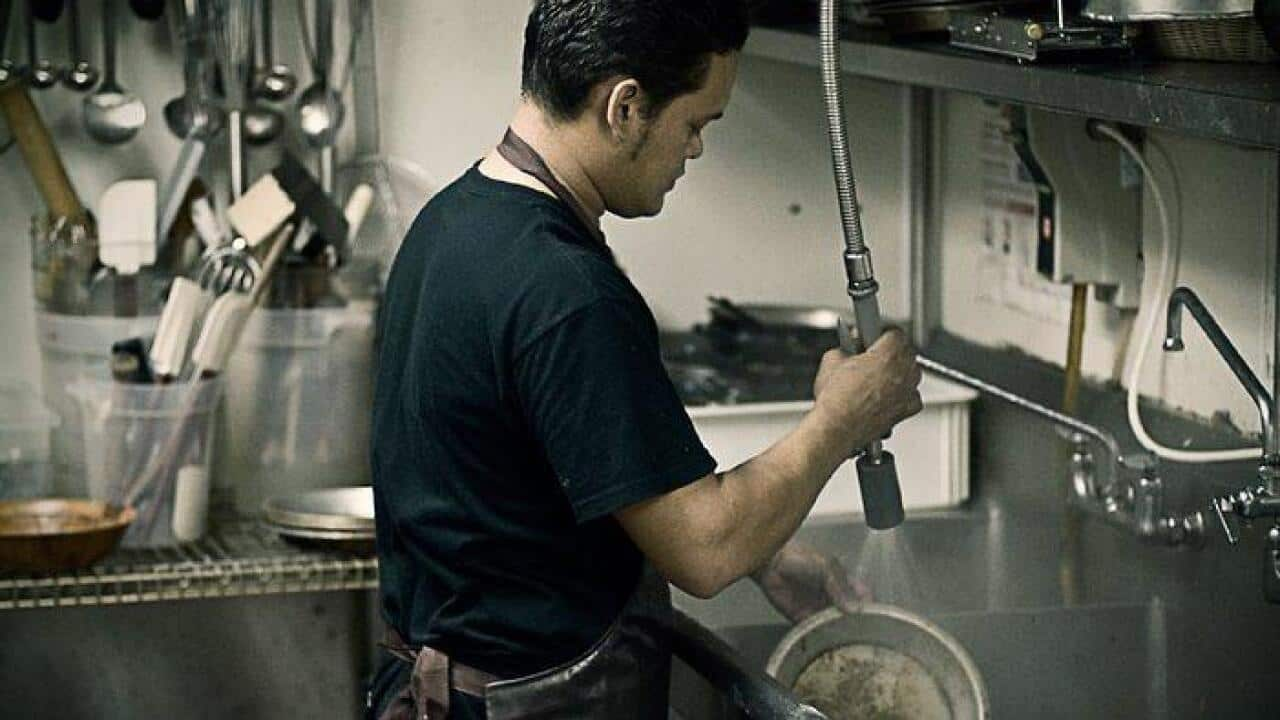The widespread exploitation of migrant workers in New South Wales has led the Berejiklian government to launch the Migrant Employment Legal Service (MELS).
The initiative groups four Sydney community legal centres to offer free legal aid and representation to workers holding permanent and temporary visas, as well as international students, who have suffered wage theft.
The service will provide approximately 30 appointments each week, and offer information on the rights of immigrant workers in Mandarin, Tamil, Vietnamese and English.
NSW Attorney-General Mark Speakman says the initiative will be implemented to respond to a vacuum that existed in support services for workers.
“There are many people in the general population who have legal problems, but the problem is particularly acute in those who have temporary visas, who have visa, language, or cultural problems, and who do not know where to go for free legal help,” he says.
“They are unfairly paid wages below what is legally stipulated and are victims of verbal and sexual harassment in their workplaces. So this aims to fill that void in our community.”
Trying to cover the sun with one finger?
Gabriel Dain, project manager at the Migrant Workers Centre in Victoria, a service that provides similar services in that state, told SBS Spanish that this is an important development.
“The news is well received. Wages theft, particularly in migrant worker communities, is a very serious problem and it is rare for employers to be penalized or for workers to recover lost money,” he says.
However, Mr Dain believes that Australia must do more to address the problem of migrant exploitation.
“The problem is that even if the funds are available and they go to help individual workers, the real problem is collective. It is a problem about the attitudes and the power play of employers towards workers, plus the fact that there is too much fear in migrant worker communities to even access these kinds of services.”
The MLS will receive $1.6 million in funding, to be delivered over the next three years.
However, sources within the sector have told SBS Spanish that although they welcome the initiative, they consider that the investment is grossly insufficient to meet demand. They estimate the service will not be able to cover the established goal of tending to about a thousand cases per year.
MELS Coordinator, Thina Balakisnan told SBS Spanish “while community legal centres (CLCs) will always welcome additional funding to expand the reach of our services, our sector is experienced in managing limited resources and leveraging support from corporate, government and community partners to deliver access to justice”.
“CLCs are extremely efficient, leveraging volunteer and pro bono support to maximise the total hours, dollar value and range of services they provide.”
The Hispanic community among the most vulnerable
One of the biggest issues facing migrant workers in Australia is that they’re prone to exploitation because they’re unaware of their rights. And in many cases, victims decide against reporting their situation for fear of losing their job.
Mr Dain believes that those affected benefit from organising to take collective action.
He points out that the Hispanic community in Australia is particularly vulnerable to this type of abuse.
“We are working on a case with a group of Colombian workers who were paid much less than the award rate. In the process of trying to recover their money, the employer closed the company and transferred the entire business to a new company. That makes it much harder for employees to recover the money owed to them. This is what we see all the time,” he explains.
“This particular employer, for example, and in many other cases also, specifically targets migrant workers from vulnerable communities with little English, because they know that those workers do not know their rights, and even if they do, the chances of accessing services or of communicating with a union or with the government are very low."
Mr Dain recommends going to the unions if you suspect there has been a problem.
“The first instance is always a union. Those are the organisations in Australia that are best equipped to help workers. Then there are also services like ours, in Victoria, the Migrant Workers Centre, which provides individual assistance to migrant workers, and there are community legal services.”
International students and wage theft
According to a 2017 wage theft report from the University of Technology, Sydney, and the University of New South Wales, nearly 30 per cent of international students and backpackers earn about $12 or less per hour.
While the exact figure is unknown, it is estimated that thousands of migrants in Australia are exploited by bosses who retain a portion of their wages, but only very few make any claims.
According to the Wage Theft in Silence study from 2018, less than ten per cent of international students and backpackers in Australia end up recovering unpaid wages.
Laurie Berg, a UTS expert in this matter and co-author of the report, explains that "for almost 40 per cent of students and backpackers, the lowest salaries were paid in cafeterias, restaurants or food outlets for wear".
If you suspect that your employer is not paying you properly, or you want more information in your language, you can contact the Fair Work Ombudsman on 131 450.


